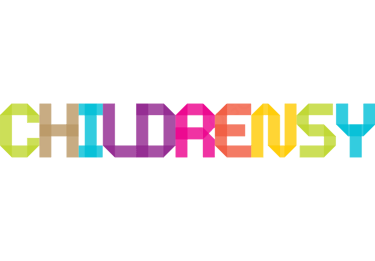Cultural Literacy in the Classroom:
Incorporating Cultural Studies into the School Curriculum to Foster Global Awareness
Kylo B
4/13/2024
Cultural Literacy in the Classroom: Incorporating Cultural Studies into the School Curriculum to Foster Global Awareness
In today's interconnected world, fostering cultural literacy and global awareness among students is essential for promoting empathy, understanding, and respect for diverse perspectives and traditions.
Cultural studies play a pivotal role in enriching educational experiences, nurturing students' curiosity about different cultures, and preparing them to thrive in a multicultural society.
In this article, we'll explore the importance of cultural literacy in the classroom and discuss practical strategies for incorporating cultural studies into the school curriculum.
Understanding Cultural Literacy:
Cultural literacy refers to the knowledge, awareness, and appreciation of diverse cultures, including customs, beliefs, languages, histories, and traditions. It encompasses the ability to engage respectfully with individuals from different cultural backgrounds and navigate global contexts with sensitivity and empathy.
Importance of Cultural Studies in Education:
Incorporating cultural studies into the curriculum offers numerous benefits for students:
Promotes Diversity and Inclusion: Cultural literacy fosters an inclusive learning environment that celebrates diversity and promotes mutual respect among students.
Enhances Global Competence: Cultural studies equip students with the skills and knowledge to navigate multicultural settings, communicate effectively across cultures, and collaborate on global issues.
Cultivates Empathy and Open-Mindedness: Exposure to diverse cultures encourages empathy, tolerance, and appreciation for different perspectives, fostering a sense of global citizenship.
Supports Academic Achievement: Cultural studies enrich students' understanding of historical events, social contexts, and literary works from various cultural perspectives, enhancing critical thinking and analytical skills.
Strategies for Incorporating Cultural Studies:
Educators can integrate cultural studies into the curriculum through engaging and interactive activities:
Inclusive Literature and Texts: Include diverse literature, stories, and primary sources that reflect a range of cultural experiences and identities.
Multicultural Art and Music: Explore diverse art forms, music traditions, and artistic expressions from around the world through hands-on activities and creative projects.
Cultural Celebrations and Festivals: Organize classroom events, workshops, or field trips to celebrate cultural holidays, festivals, and traditions.
Guest Speakers and Cultural Exchanges: Invite guest speakers, community members, or cultural ambassadors to share personal stories and insights about their cultural heritage.
Virtual Cultural Tours and Resources: Use technology to virtually explore cultural landmarks, museums, and historical sites worldwide.
Cross-Cultural Collaborations: Facilitate collaborative projects with schools or students from different cultural backgrounds, promoting intercultural dialogue and cooperation.
Global Issues Discussions: Explore global challenges, such as climate change, human rights, and immigration, through a cultural lens, encouraging critical thinking and informed perspectives.
Building Cultural Competence:
Cultivating cultural competence requires ongoing engagement and reflection:
Encourage self-reflection and open dialogue about cultural biases, stereotypes, and prejudices.
Provide opportunities for students to share personal cultural experiences and family traditions.
Foster curiosity and inquiry through open-ended questions and research projects that explore cultural topics of interest.
Promoting Global Awareness & Citizenship:
Cultural literacy contributes to the development of informed global citizens who actively engage in promoting social justice, equity, and cross-cultural understanding:
Encourage students to take action on global issues through service learning projects or advocacy initiatives.
Foster a sense of responsibility towards global challenges and encourage students to explore their roles as agents of positive change in a diverse world.
Incorporating cultural studies into the school curriculum enhances educational experiences, nurtures empathy, and prepares students to thrive in an interconnected and diverse world.
By embracing cultural literacy, educators empower students to become informed global citizens who appreciate diversity, advocate for social justice, and contribute positively to a multicultural society.
Let us prioritize cultural awareness and inclusivity in education, promoting meaningful engagement with diverse cultures and fostering a sense of shared humanity among future generations.
Through intentional curriculum design and collaborative efforts, schools can cultivate cultural literacy and inspire students to embrace the richness of global diversity with curiosity, respect, and empathy.

